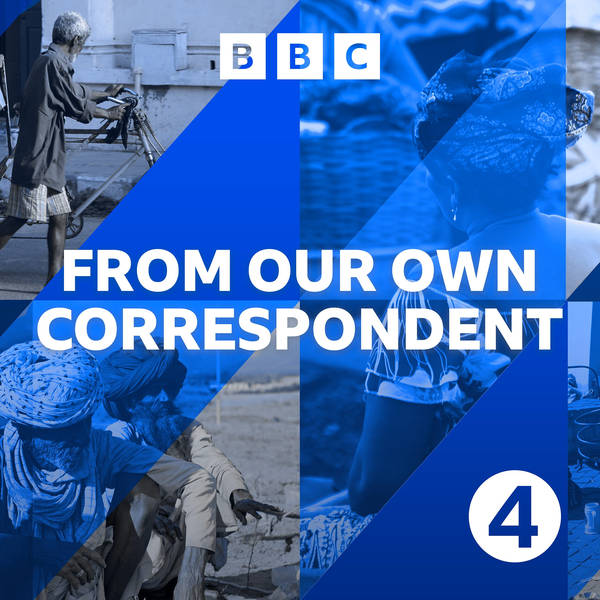
Distorting the Past
Much thought this week on borders, on nationality and how we get on with our neighbours even at the commemorations to mark the liberation of Auschwitz. The Nazis murdered 1.1 million people at the death camp - ninety per cent of them Jews, but also Poles, Soviet prisoners of war, and people from the Roma and Sinti minorities. Two hundred survivors and world leaders from 60 countries. United in remembering but, 75 years on says Adam Easton, the anniversary was overshadowed by disagreements between Russia and Poland about their respective roles in World War II.
The bushfires , fuelled in a large part by the relentless drought, have brought the climate change debate to the fore in Australia. But the prime minister – a big supporter of the fossil fuel industry – has refused to make any changes to the government’s climate policy. This week the state of New South Wales said it would open an independent inquiry into the on-going fires to examine both the causes and how the state responded to them. Shaimaa Khalil met people from a once thriving tourist town on the coast which went up in flames on New Year’s Eve.
Politicians in Ireland are making their final pitches before voters head to the polls next Thursday. For generations two centrist parties - Fine Gael and Fianna Fáil - have dominated the country’s politics and, in recent years, the two have been in an uneasy alliance. Fine Gael’s leader Leo Varadkar, of Indian heritage and openly gay, has been something of a poster boy for the new Ireland. While his government has won plaudits from some corners overseas, particularly for its handling of Brexit, it is facing growing criticism at home. Ireland’s political scene is fast fragmenting, says Kieran Cooke.
Many think of Antarctica as a vast empty expanse of snow and ice, punctuated by the odd penguin or polar explorer. But actually the world’s southernmost continent is home to 75 research stations run by 30 countries. Justin Rowlatt was there for tow months with a team of British and American scientists reporting on the most complex scientific field project in Antarctic history. But thanks to a storm, he spent a bit longer than planned at the US research station, McMurdo and discovered the delights and the drawbacks of life in the world’s coldest town.
Jordan has one of the highest levels of water scarcity in the world. A warming planet and population growth are making the problem worse. But increasing numbers of women there are picking up pliers, spanners and drain rods and taking matters into their own hands. In the capital Amman, Charlie Faulkner met the country’s first female plumber.
